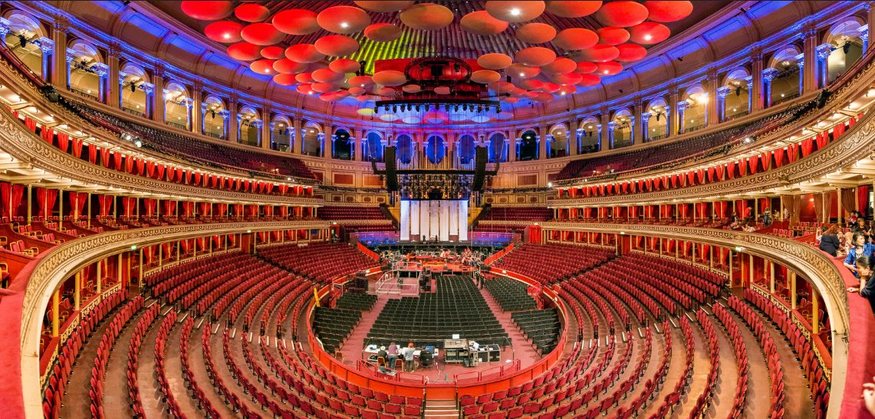A rough guide to London, circa 1967: a weekly look at Len Deighton’s London Dossier, a guide to modern London published during the height of the allegedly swinging 60s.

Len Deighton provides a brief and usually appropriate introduction to most of the chapters in his London Dossier. For the chapter on music there's an opportunity for him to display his down-amongst-the-youngsters credentials by remarking on a performance he'd caught at the Marquee of one Jimi Hendrix, or how a weird group called Pink Floyd seemed to be hurling LSD tablets into the audience at the UFO Club. Instead, Deighton steers clear of music altogether, preferring to chat about ways to spend a pleasant Saturday afternoon in the capital.
Master spywriter Len likes to mooch around the bookshops of Charing Cross Road and Cecil Court, and he mentions some of the famous names that have since disappeared: Poole's, Zwemmer's, Dobell's. He wanders through Soho to Carnaby Street where he marvels at 'trousers you can't sit down in', then takes a cab to Brown's Hotel for afternoon tea. How very agreeable.
Over to Spike Hughes, then, for the chapter on music. Spike would have been well-known in 1967, but probably not amongst the mods or rockers or indeed many people under 30. He pioneered jazz in Britain, but in this chapter concentrates on London's classical orchestras and venues.
As such it's a bit disappointing. He talks about the famous composers who have lived and worked in London - apparently that Wagner had a gaff in Old Compton Street - and notes how the 'most adventurous church music in London is heard in the Catholic churches'. But otherwise it is one of the least revealing chapters from a historical perspective: listening to Brahms being performed at the Proms in 1967 was, one imagines, much the same as listening to it now (although the acoustics are much better).
What does strike the reader is how Londoners had a gargantuan appetite for classical music back then. The official venues weren't sufficient to meet the demand, so cinemas at Swiss Cottage and Enfield and the Town Halls of Kensington, Chelsea, Wimbledon, Hammersmith, Fulham, along with countless libraries, schools, church halls were all booked by greedy classical music promoters keen to muscle in on the insatiable demand for Sibelius and Mahler. With their shady be-suited bouncers controlling the doors and hence the lucrative supply of drugs... Hang on. We seem to be straying into the next chapter, Self Indulgence — our mistake. See you then.
Other instalments
Introduction
Chapter 1: Teenagers
Chapter 2: Food
Chapter 3: Drink
Chapter 4: River


